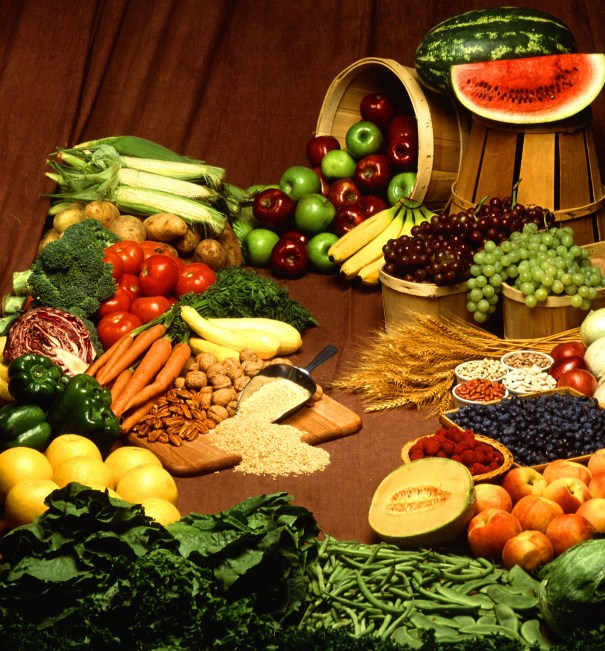
In our fast-paced world, ensuring the safety of the food we consume is paramount. From the moment we purchase ingredients to the time we indulge in a meal at a restaurant, every step requires careful attention to prevent contamination and foodborne illnesses. In this comprehensive guide, we’ll delve into the best practices for handling food safely, covering everything from shopping wisely to enjoying a picnic without worries.
Shopping Wisely
When you embark on your grocery shopping journey, keep these tips in mind to select the freshest and safest items:
- Inspect Cans and Jars: Avoid purchasing items with dented or bulging lids, as these could indicate spoilage or contamination.
- Refrigerate Perishables Promptly: Ensure perishable items like dairy, meat, and seafood are refrigerated as soon as possible after purchase to maintain their freshness.
- Protect Produce: Place fresh fruits and vegetables in bags to prevent contact with germs or drippings from other foods while in the shopping cart.
Preparing Food Safely
Proper food preparation is essential for preventing cross-contamination and ensuring the safety of your meals:
- Hand Hygiene: Wash your hands thoroughly with soap and water before and after handling food to remove bacteria and other contaminants.
- Clean Produce: Rinse fruits and vegetables thoroughly before and after peeling to remove dirt, pesticides, and bacteria.
- Sanitize Utensils: Wash knives and cutting surfaces with hot, soapy water after handling raw meat to prevent the spread of harmful bacteria.
Cooking with Care
Cooking food to the right temperature kills harmful bacteria and ensures that meals are safe to consume:
- Use a Meat Thermometer: Cook ground meat, hamburger, or roast beef to an internal temperature of at least 160°F to eliminate bacteria.
- Avoid Undercooked Eggs: Cook eggs thoroughly to prevent the risk of salmonella poisoning, especially avoiding runny yolks.
Storing Food Properly
Proper storage helps maintain the freshness of food and prevents bacterial growth:
- Check Expiration Dates: Always check expiration dates to ensure the items are safe to consume.
- Follow Storage Guidelines: Use or freeze fresh meats, poultry, fish, and leftovers within recommended time frames to prevent spoilage and foodborne illnesses.
Dining Out Safely
Even when dining out, you can take steps to ensure the safety of your meals:
- Order Safely: Request red meat to be cooked to medium or well-done, and ensure seafood is thoroughly cooked before consumption.
Safe Picnicking Practices
Picnics are a delightful way to enjoy the outdoors, but they require special attention to food safety:
- Use Insulated Coolers: Keep perishable items cold by placing them in an insulated cooler with ice packs.
- Pack Food Properly: Wrap foods separately in plastic to prevent cross-contamination, and avoid placing them directly on ice.
- Keep Coolers in the Shade: Position your cooler in the shade to maintain a consistent temperature and prevent food from spoiling.
- Adhere to the 2-Hour Rule: Discard perishable foods that have been left unrefrigerated for more than two hours (one hour in temperatures above 85°F).
By following these guidelines for safe food handling, you can protect yourself and your loved ones from foodborne illnesses and enjoy your meals with peace of mind. Whether you’re cooking at home, dining out, or enjoying a picnic in the great outdoors, prioritizing food safety is essential for maintaining good health.
 # Foods to avoid when taking Warfarin:
# Foods to avoid when taking Warfarin: